Lent - Year C
A collection of Lent resources and Holy Week resources including sermon ideas, whole sermons, sermon series ideas, and more.
Lent Resources 2025
Quick Links
View our collection of Lent resources and Holy Week resources for Year C as well as trusted content from around the web. The current week’s Sermon Commentaries on all four of the Lectionary passages are available every Monday. Looking for resources on other passages? Check out our abundant and easy-filter Library. Also, explore our Preaching Connections for Lent.
First Sunday in Lent Resources, March 9, 2025
Gospel Text: Luke 4:1-13
---“He left him until an opportune time.” Luke’s account of the temptations of Christ ends with a thud. Yes, Jesus has neatly resisted—and what’s more, neatly outwitted—Satan and he did it in no small measure through his superior grasp on the very Word of God that the devil tried to muster for his own grim cause. Luke clearly gives us a sense of victory here. And yet . . . the devil is still watching, waiting for another opportunity—just the right opportunity—to swing back in with more temptations. As we begin the Lenten Season, could we find a more poignant reminder of the fact that we all face temptation on a constant basis than this last verse?
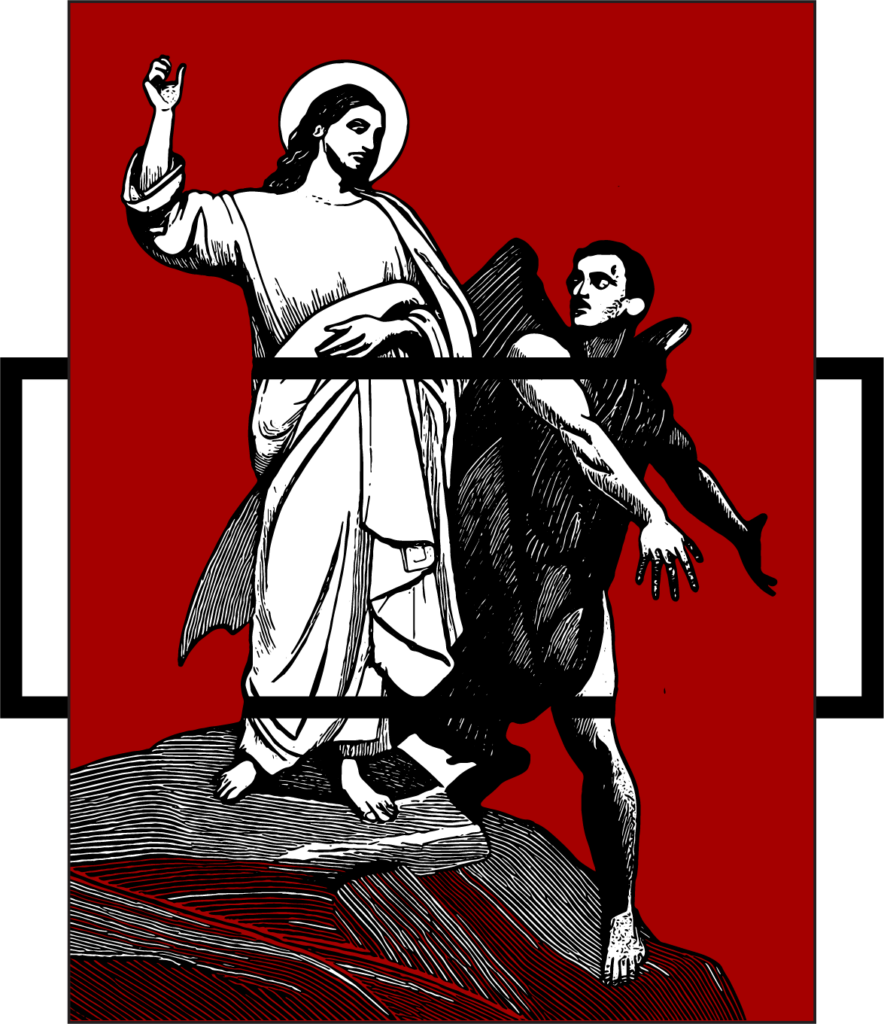
Second Sunday in Lent Resources, March 16, 2025
Gospel Text: Luke 13:31-35
---As Barbara Brown Taylor points out in her sermon on this passage, we have here a curious combination of imagery that includes a fox and a chicken. Since we know what foxes like to do once they gain entry into the henhouse, Jesus surely knew what he was doing in calling Herod “a fox” and then comparing the lost citizens of Jerusalem to chicks he wished he could gather under his wings. As a Lenten text, this lection reminds us of the sorrow of Christ’s life and ministry and the truth pathos that drove him. It also reminds us of the fate we face if we likewise refuse to see in Jesus the One who alone can save us and protect us. Of course, there are crosscurrents to it all. Death hangs heavy in the air here. Herod the fox is out to slaughter Jesus the hen. Chicks who try to take refuge under this hen’s wings might well conclude they had chosen the wrong safe house (or coop!). Indeed, by all outward appearance the chicks who refused to flock to Jesus the hen seemed wise. But in choosing to save their own lives . . . There is more gospel lurking in this semi-odd passage than at first meets the eye!

Third Sunday in Lent Resources, March 23, 2025
Gospel Text: Luke 13:1-9
--- For some reason on this Third Lenten Sunday the Lectionary brings us to the beginning of the same chapter whose concluding verses were the lection for the Second Sunday in Lent. Probably this text is not preached on very often (or no more than necessary!). As a Lenten text, it surely is sufficiently heavy and grim. Jesus first mentions two tragic occurrences and in both instances tries to distract people from their overly simplistic tendencies to equate suffering with a “quid pro quo” punishment for specific sins. “People live and people die,” Jesus says, “and even when they die terribly, it is not necessarily a sign that they had it coming to them.” It reminds me of a scene from the outstanding (albeit very dark) Clint Eastwood film, “Unforgiven.” Not long after shooting a man dead, a young gunslinger is trying to deal with how shook up he is feeling having just killed another human being. “Well, I suppose he had it coming,” he concludes. At that, the grizzled, much older gunslinger played by Eastwood retorts, “We all got it coming, kid.” That seems to be Jesus’ point, too. Instead of spending so much time and energy figuring out the whys and wherefores of other people’s deaths, take care of yourself, repent of your own sin, and seek the grace from God that alone can forgive. A fig tree needs to produce its own fruit, not wonder about the fruit (or lack thereof) on any other trees.
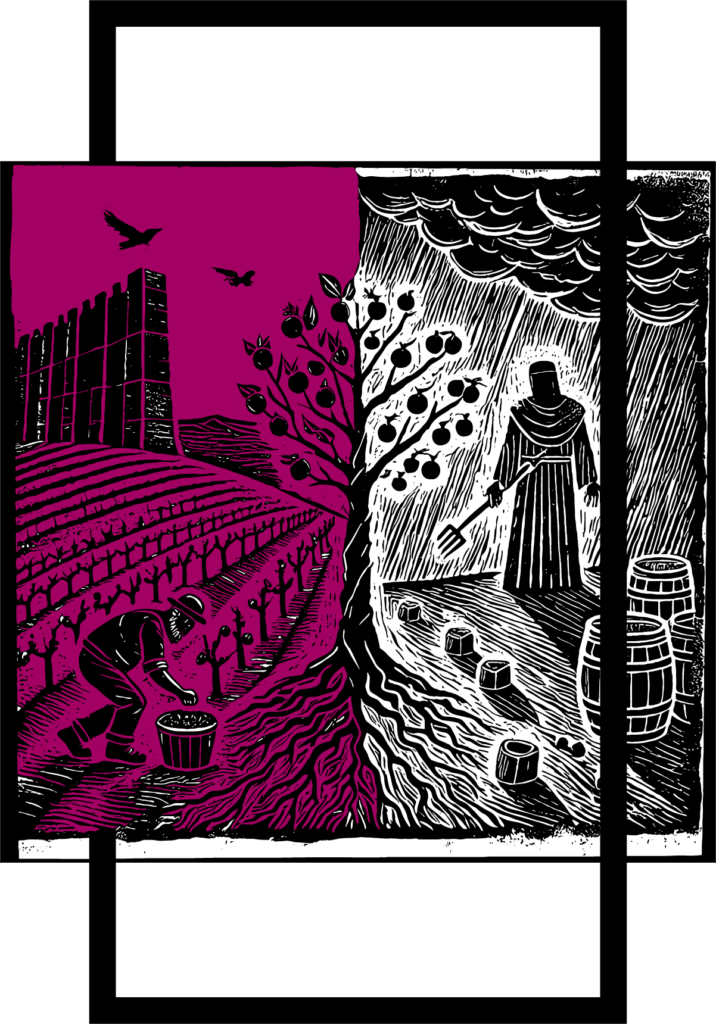
Fourth Sunday in Lent Resources, March 30, 2025
Gospel Text: Luke 15:1-3, 11b-32
--- We all know the Parable of the Prodigal Son but we do less with its two forerunners (surely we seldom get very enthused over the lost coin parable—a parable so lowly that even the Common Lectionary oddly asks us to skip right over it). But we need all three and above all we need the set-up for these three stories in verses 1 and 2 where the religious do-gooders, the holier-than-thou’s in Jesus’ midst, spend time grumbling about the company Jesus keeps. Here, smack in the middle of Lent, we find out that knowing that we are sinners is good news for lots of reasons, not the least of which is that this makes us Jesus’ kind of people. Those who know how lost they are constitute Jesus’ kind of people because it’s for just such as these that he came. But the very grace that is the lifeline and the source of holy joy for the lost who were found is, oddly enough, offensive to those who believe they had all along been too smart to have ever gotten lost in the first place. To the spiritually snooty, grace always looks unfair (which, of course it is). Grace looks unwarranted. Grace looks like the wrong thing to give to lost sheep and prodigal sons precisely because these are the very types of lowlifes who are more likely than not to abuse the gift, to exploit it. “Give ‘em an inch, and they’ll take a mile” we sneer. And God knows we don’t have any miles to spare. Lent is a time to celebrate the grace of God. But nothing takes the wind out of the sails of that grace-celebration faster than the sneaking suspicion that grace is only for losers (and that’s not us) and that, frankly, most of those losers ought not receive it, either. At the end of the Lenten day, where do we find ourselves? Are we whooping it up in God’s grand party for the lost that have been found (and that’s us!!) or are we sitting on the back porch with the elder brother and all his Pharisees friends, muttering and grumbling about how unfair the whole gospel is?
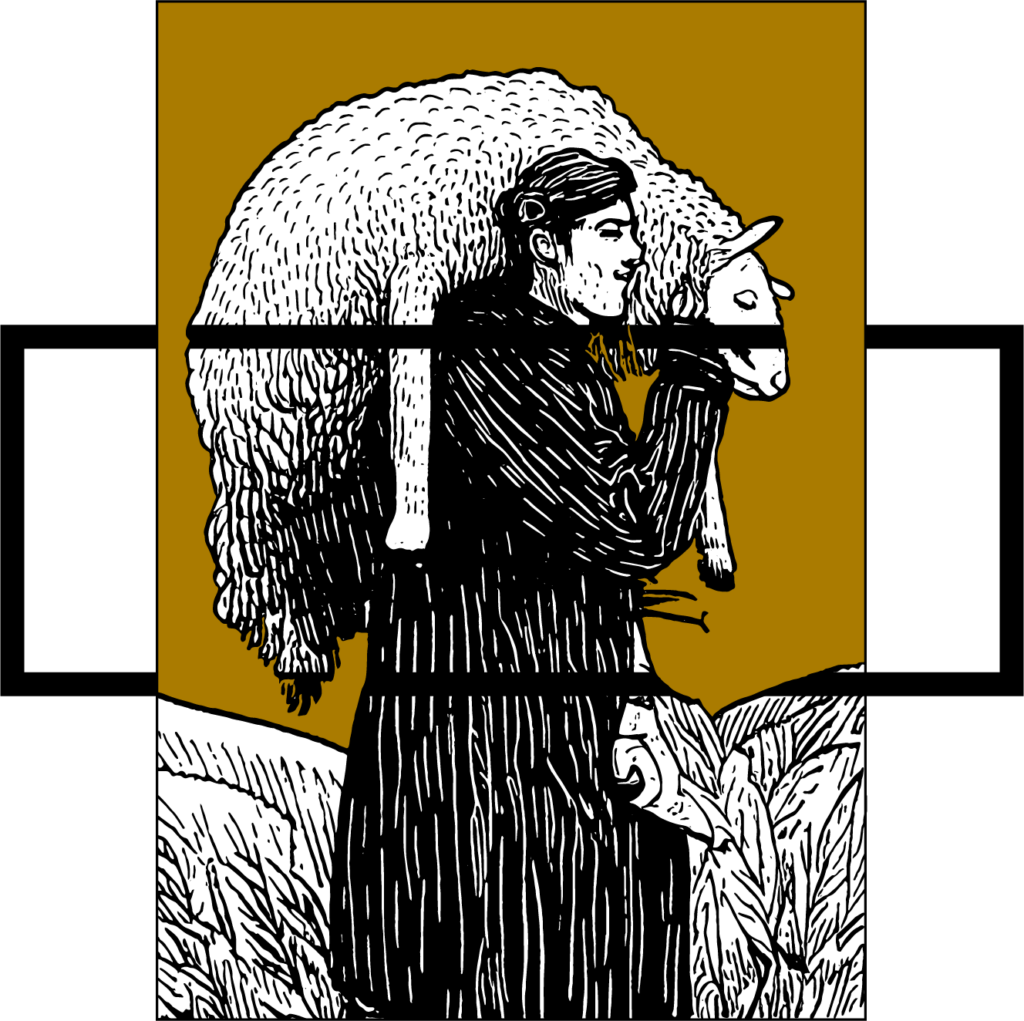
Fifth Sunday in Lent Resources, April 6, 2025
Gospel Text: John 12:1-8
--- This lection ends too soon. We need also verses 9-11 to see the real punch of this incident. Because soon a crowd gathers to see both Jesus and also the man Lazarus, rumored to have been raised from the dead by Jesus a full four days after the man had breathed his last. All those who opposed Jesus witnessed this growing sideshow, recognized how it was cinching Jesus’ reputation and authority, and so immediately laid plan to kill not only Jesus but Lazarus as well. After all, when dealing with the resurrection of the dead, Tactic #1 is to cover up the miracle by making dead again the (allegedly) resurrected person. The Pharisees’ plot against Lazarus (and you have to assume they may well have succeeded) caps off this text that is so redolent with the smell of death. Jesus is having dinner, reclining at table with the once-dead Lazarus when Mary anoints Jesus body. Why she did it is unclear but Jesus’ interpretation of the event is very clear: he’s being anointed for burial. Only Judas seems to have taken offense. A man driven by greed, a man interested only in the greasing of this life’s skids and doing what looks logical and the most likely to get ahead will always be offended by anything that looks like a non-starter. But if Judas thought that the extravagant pouring out of perfume looked silly . . . one can only imagine what he would have thought had he lived long enough to see the end-result of his treachery. Some think Judas betrayed Jesus because Jesus was not nearly Zealot-like enough as to foster the political revolution Judas and others were hoping he would lead. (It’s hard to imagine anyone ever tumbling to pour perfume over Douglas MacArthur or Patton or Colin Powell, for instance. Warriors don’t get prettied up with perfume or prepared for death—they DEAL OUT death, they inspire fear, not weepy, “wash your feet with my hair” affection!) But that’s the scandal of Lent, the scandal of the cross: out of death comes life. Even as those who opposed Jesus scurried around to ensure his demise, Jesus harbored within him the secret of the universe, the “deep magic” (as C.S. Lewis put it in his Narnia tales) that the path to life abundant comes not by gathering up and hoarding this world’s goodies but precisely through relinquishing all that this world values so that the things of God can usher in a whole new world.
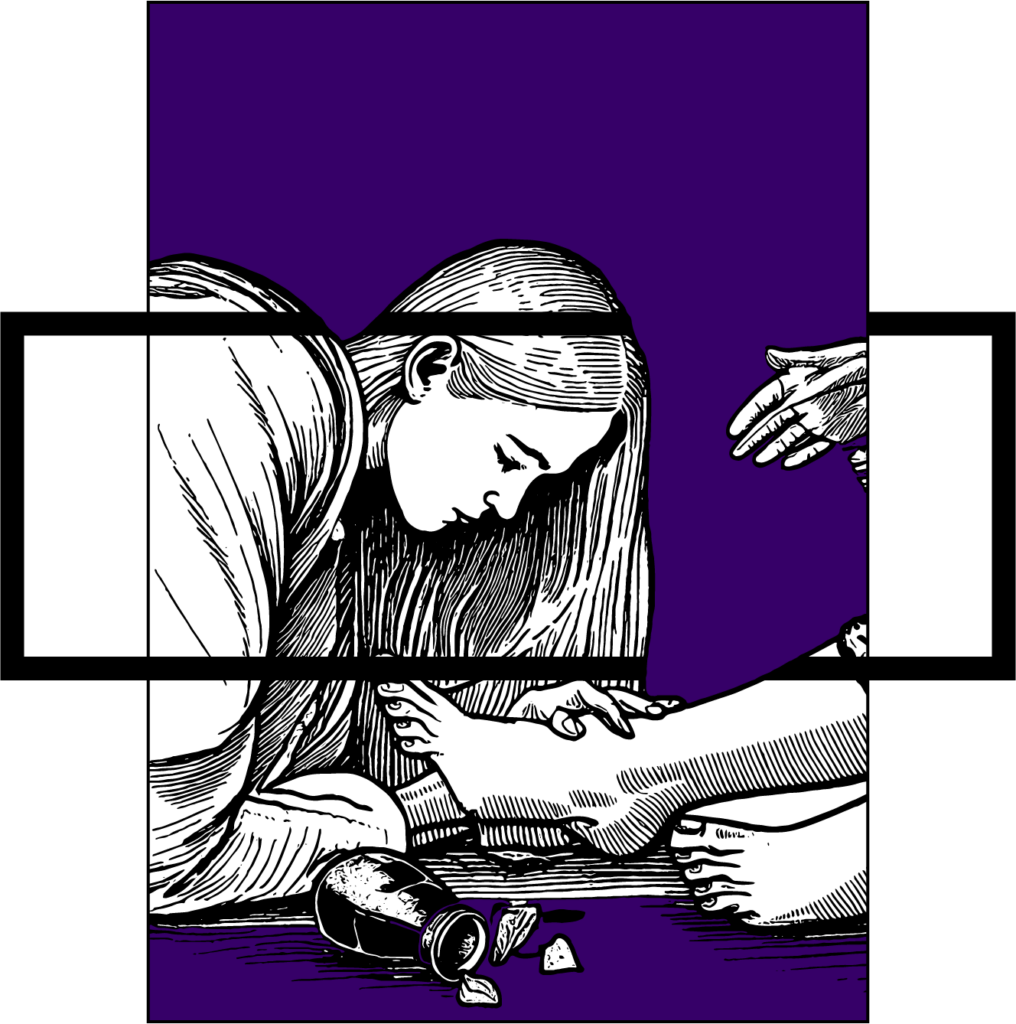
Palm Sunday Resources, April 13, 2025
Gospel Text: Luke 19:28-40
--- Among the amazing features of what we have come to call “Palm Sunday” is that Jesus was so willing to go along with the hoopla, even going so far as to say that this celebration was so necessary, even if he hushed up his followers, the stones would sing and shout instead. For the most part (though this comes out more clearly in Mark than in Luke), Jesus seemed quite content to lead a quiet existence, usually hushing up those who DID display a willingness to shout out his name and his identity for all to hear. But for this brief time at the head of what would be the final week of his earthly ministry, Jesus all-but encouraged this public display of affection. Whatever else we want to make of this, Luke does not allow us to wallow long in sentimentality. The Lectionary stops us up short before Jesus weeps over the city and before he tears into the Temple establishment. But the fact of the matter is that whatever Jesus took away from this big celebration, it wasn’t first and last a big, happy, whoop-it-up joyous affair. He seems to know that he is beginning a slow and steady march toward death. Knowing this, Jesus is able to receive the cheers of the crowd. Yes, they were cheering him for the wrong reasons. But Jesus at least knew the truth. So did the very creation. What was required to free this whole world from its bondage to decay (as Paul would later put it) was not a happy parade but something far more dire. We make a mistake if we allow our contemporary celebrations of Palm Sunday to become the one “bright spot” in this otherwise dark Holy Week. Instead, a true apprehension of what is going on here is the perfect set-up for all that is to come.
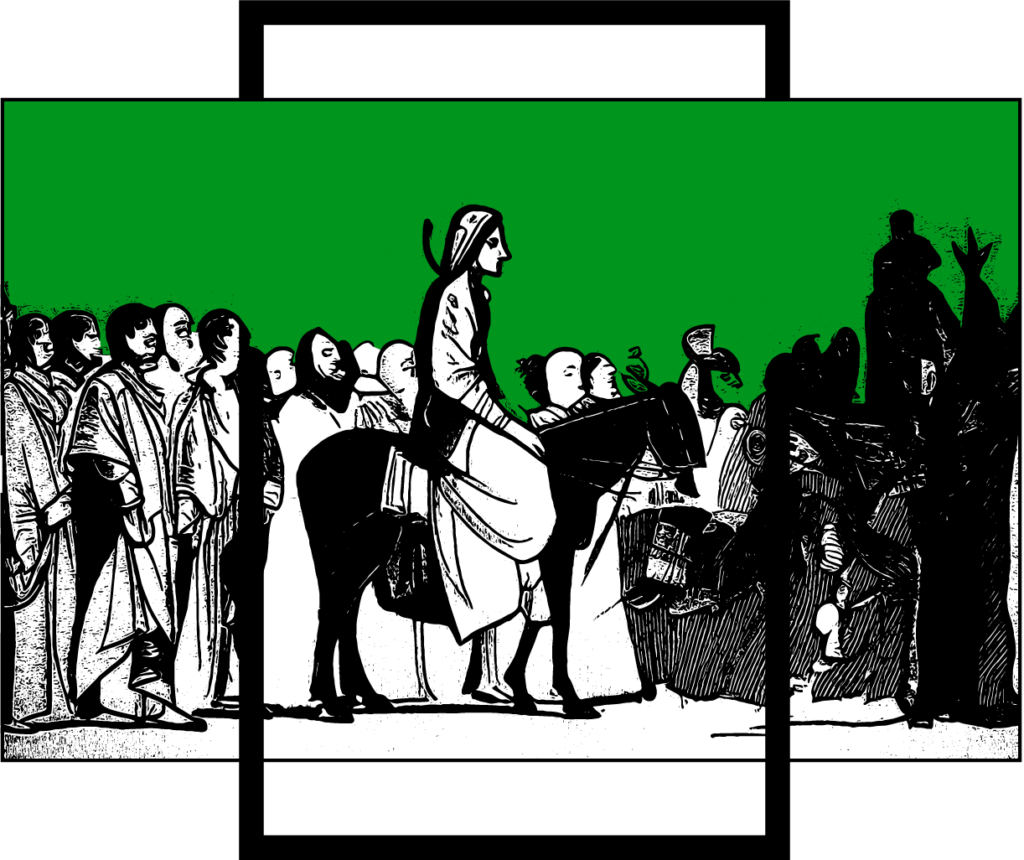
Good Friday Preaching Resources, April 18, 2025
Gospel Text: John 18:1-19:42
--- John’s telling of the larger crucifixion story is filled with drama and a wealth of details on which to preach. One fruitful theme is the overarching sense of completion and fulfillment. John doesn’t allow us to see these as some unhappy series of unfortunate events (a la Lemony Snicket!). From the very beginning of John’s gospel we have been given the portrait of a very deliberate Savior who steadfastly was heading toward death. John also peppers his account with Old Testament passages, promises, and prophecies, imbuing his entire story with a sense of holy joy despite the gloomy circumstances—something long awaited and anticipated and planned is coming to fulfillment. Good Friday is not a time to cash out the sorrow and the suffering of it all but it is a time to see that none of this was pointless or gratuitous. We are marching inexorably toward something grand.
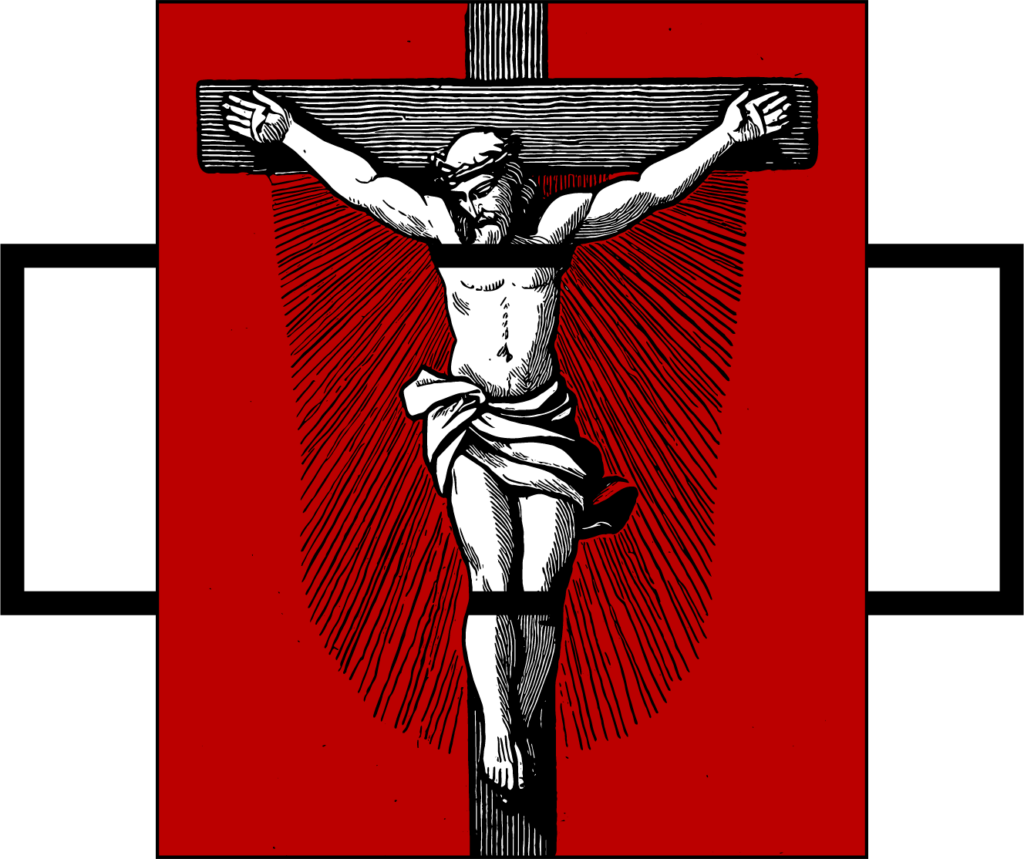
Easter Sunday Preaching Resources, April 20, 2025
Gospel Text: John 20:1-18
--- Like all four of the gospels, what strikes you most about John’s presentation of the gospel’s grand event and miracle is how understated the whole thing is. Most churches on Easter morning do far, far more to pull out all the stops, blare the brass band, and ratchet up the drama to fever pitch than any of the four evangelists ever tried to do. There is joy and holy drama here, make no mistake. But there is something marvelous about its understated nature. As someone once noted, when you present a triumphal event in non-triumphal fashion, you create a sense of irony that, in turn, creates a community of those who truly understand the deeper meaning of it all. The fact is that like his entire ministry, so even the capstone event of the whole gospel happened quietly and out of this world’s limelight. The gospel gets revealed to women, to clueless former fishermen, to all those whom the wider world regards as bumpkins and the marginalized. There is something glorious to behold in the fact that King Herod and Pontius Pilate, though they had been deeply involved in the machinations of all that led to Jesus’ death, now simply disappear out of the frame once Jesus is raised. Jesus came, died, and rose again not for this world’s winners who are always so cocksure that they have everything under control but rather for all those lost, least, last, and lonely folks who know that without an infusion of divine grace into their lives, there is flat out no hope. Thanks be to God the gospel gives us just what we need: not brass choirs and fireworks in the sky but new life way down in the deepest parts of our hearts.

Additional Lent Resources
Lent and Holy Week Audio Sermons
- Symposium 2019 sermon from Habakkuk 3 by Cornelius Plantinga, Jr. "The God of Joy in the Midst of Our Troubles"
- Symposium 2018 sermon on Luke 24 "Dusty Faith" (Easter)
- Symposium 2018 sermon on John 20 by Paul C.H. Lim "Jesus Appears to Thomas"
- Luke 24 sermon by N.T. Wright "Living in God's Creation" (Easter)
- John 20 Sermon by William Willimon "Seeing is Believing"
- John 21 Sermon by John Rottman "The Next Step" (Easter)
- Psalm 22 sermon by Neal Plantinga "The God-Forsaken God"
- Mark 16 sermon by Laura Truax "Meet the Risen Christ" (Easter)
- Isaiah 53 sermon by Mary Hulst "Broken for You"
- Matthew 28 sermon by Scott Hoezee "Soar We Now"
Worship Resources and Lent Sermon Series Ideas
Our Ministry Partner at the Calvin Institute for Christian Worship has a wealth of service planning ideas as well as further ideas for Lent sermon series, Lent music, and much more. View their Worship Resources.
Resources from Reformed Worship Magazine
See all of the back issues of Reformed Worship (organized by liturgical season). You will find many years’ worth of articles, liturgical resources, sermon ideas, and more all tying in with the Season of Lent and Holy Week through Easter. Articles in Reformed Worship from 2023 and before are free.
The December issues have the Lent resources in them. Here are a few examples: view December 2009 issue, December 2006 issue, December 2003 issue.
Scripture Ideas for Lent/Holy Week/Easter
Scriptures and Statements of Faith Applying to the Theme of Ash Wednesday
The following texts are particularly appropriate for sermons or for supplemental liturgical use.
Psalm 51 (and other penitential psalms: 6, 32, 38, 102, 130, 143)
Psalm 90
Psalm 103
Psalm 139:23-24
Joel 2:12-17
Matthew 5:6
Matthew 6:1-6, 16-21
Matthew 11:28-29
2 Corinthians 5:20-6:2
1 Peter 1-2:3
Heidelberg Catechism, Q&As 3-11, 88-89
Scriptures and Statements of Faith Applying to the Theme of Lent
The following texts, which focus on three main dimensions of Lenten spirituality, are especially appropriate for supplemental liturgical use.
Penitential psalms:
Psalms 6, 32, 38, 51, 102, 130, 143
The importance of heartfelt repentance:
Psalm 50
Isaiah 1
Joel 2:12-17
Matthew 6:1-6, 16-21
Baptismal spirituality and unity with Christ:
Romans 6:1-14; 8:12-17
2 Corinthians 1:21-22; 4:1-16; 5:20-6:2
Galatians 2:19-21; 3:27-29
Ephesians 2:4-20; 4:1-6
Colossians 2:9-3:7
Titus 3:4-8
Belgic Confession, Art. 21
Heidelberg Catechism, Q&As 37-39
Canons of Dort, Pt. II, Art. 2-5, 8
Westminster Confession, Chap. VIII, Sec. 4; Chap. XV, Sec. 1-6
Our World Belongs to God, st. 25-28
Scriptures Applying to the Theme of Passion/Palm Sunday
The following texts are especially appropriate for supplemental liturgical use.
On Christ’s procession into Jerusalem:
Psalm 118:19-29
Zechariah 9:9-12
Matthew 21:1-11
Mark 11:1-11
Luke 19:28-40
John 12:12-19
On Holy Week and Christ’s passion:
Psalm 31:9-18
Isaiah 50:4-9; 52:13-53:12
Matthew 21-27
Mark 11-15
Luke 19-23
John 12-19
Philippians 2:5-11
Scriptures and Statements of Faith Applying to the Theme of Maundy Thursday
The following texts are particularly appropriate for sermons or for supplemental liturgical use.
Exodus 12:1-14
Psalm 23
Psalm 34
Psalm 103
Psalm 116
Isaiah 25
Isaiah 53
Matthew 26:17-46
Mark 14:12-72
Luke 22:1-46
John 6
John 13-17
1 Corinthians 10:1-22
1 Corinthians 11:17-34
Colossians 3:12-17
Hebrews 9
1 John 4:7-21
Scriptures and Statements of Faith Applying to the Theme of Good Friday
The following texts are particularly appropriate for sermons or for supplemental liturgical use.
Genesis 3:14-19
Genesis 22:1-14
Numbers 21:4-9
Deuteronomy 21:22-23
Psalm 22:1-18
Psalm 43
Psalm 49
Psalm 51
Psalm 105
Psalm 130
Psalm 143
Isaiah 50:4-9
Isaiah 52:13-53:12
Lamentations 3:1-9, 19-33
Zechariah 12:10-13:9
Matthew 26:47-27:66
Luke 22:39-23:56
John 3:13-21
John 10:14-18
John 18-19
Good Friday (continued)
Acts 13:16-41
Romans 3:21-26
Romans 8:1-17
1 Corinthians 1:17-21
Galatians 3:1-14
Ephesians 2:13-22
Philippians 2:5-11
Colossians 1:19-23
Colossians 2:13-15
Hebrews 2:5-9
Hebrews 4:14-5:10
Hebrews 10:1-25
Hebrews 12:1-3
1 Peter 1:10-20
1 Peter 2:19-25
1 Peter 3:13-22
1 John 3:16
1 John 4:7-21
Revelation 5:6-14
Belgic Confession, Articles. 20-21
Heidelberg Catechism, Q&As 37-44
Canons of Dort, Pt. II, Art. 3-4, 8; Rej. 2, 7
Our Song of Hope, st. 4
Our World Belongs to God, st. 27